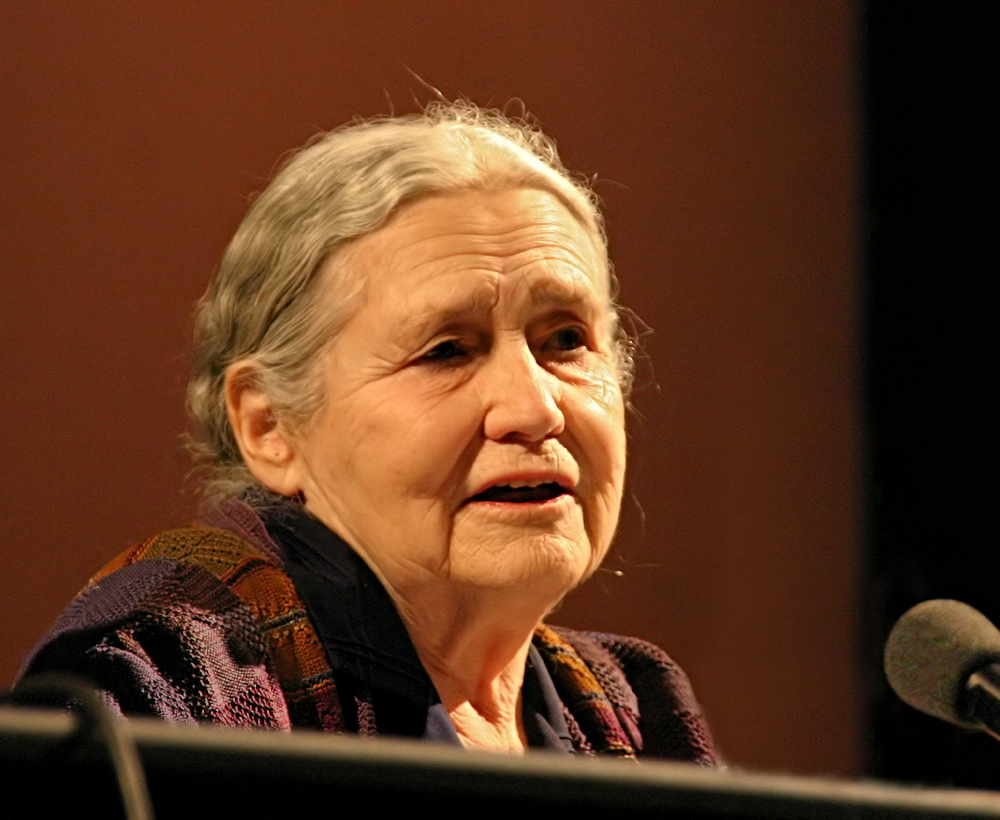Sussex joined the NUS-organised lecture walk-out on 17 November to show solidarity with international students, migrants and refugees.
The day began with a demonstration in Library Square, where members of Sussex Amnesty International and Sussex Student Action for Refugees (STAR) as well as many others gathered to raise awareness about changes to UK immigration policy. The changes mean that university students from outside the European Union will be subject to fluctuations in their tuition fees and forced to return home at the end of their course. Foreigners in publicly funded colleges will be prevented from working part-time jobs. Some overseas graduates are facing fees up to £35,000 a year in comparison to the £9,000 paid by UK and EU students.
Tara, a third-year International Relations and Development student, told The Badger: “It is scary to see that there has been a noticeable shift to the right since the General Elections, which is accompanied by anti-immigrant feelings and rhetoric”. She went on: “It is shocking how hard it has become for international students with partners or dependents to establish themselves within the UK and the worst is probably that they are not allowed to work anymore, which is highly problematic for mature students with families”.
Minister of State for Immigration James Brokenshire said the reforms would “reduce net migration and tackle abuse”. The alterations “help achieve this, whilst ensuring the UK maintains a highly competitive offer and continues to attract the brightest and best international students”. According to the government’s written statement on Immigration Rules, major reforms are made “to reduce net migration and tackle abuse”. The alterations “help achieve this, whilst ensuring the UK maintains a highly competitive offer and continues to attract the brightest and best international students”.
The Sussex activists also organised a panel discussion on refugee rights and UK immigration policy, as well as a screening of the film ‘Sun Come Up’, which documents the hardships of the world’s first environmental refugees.



